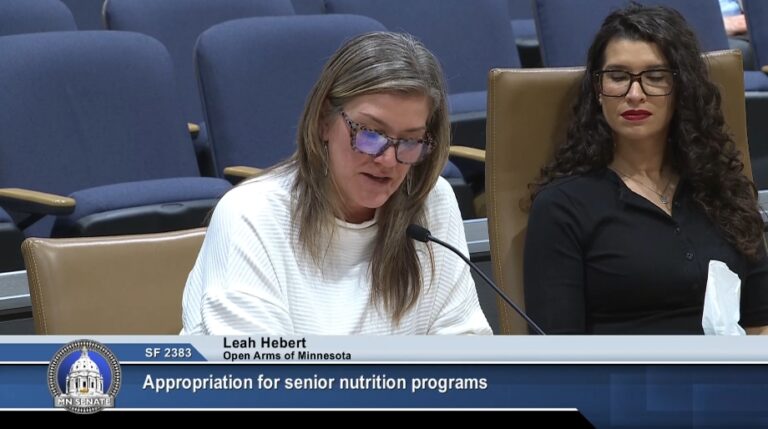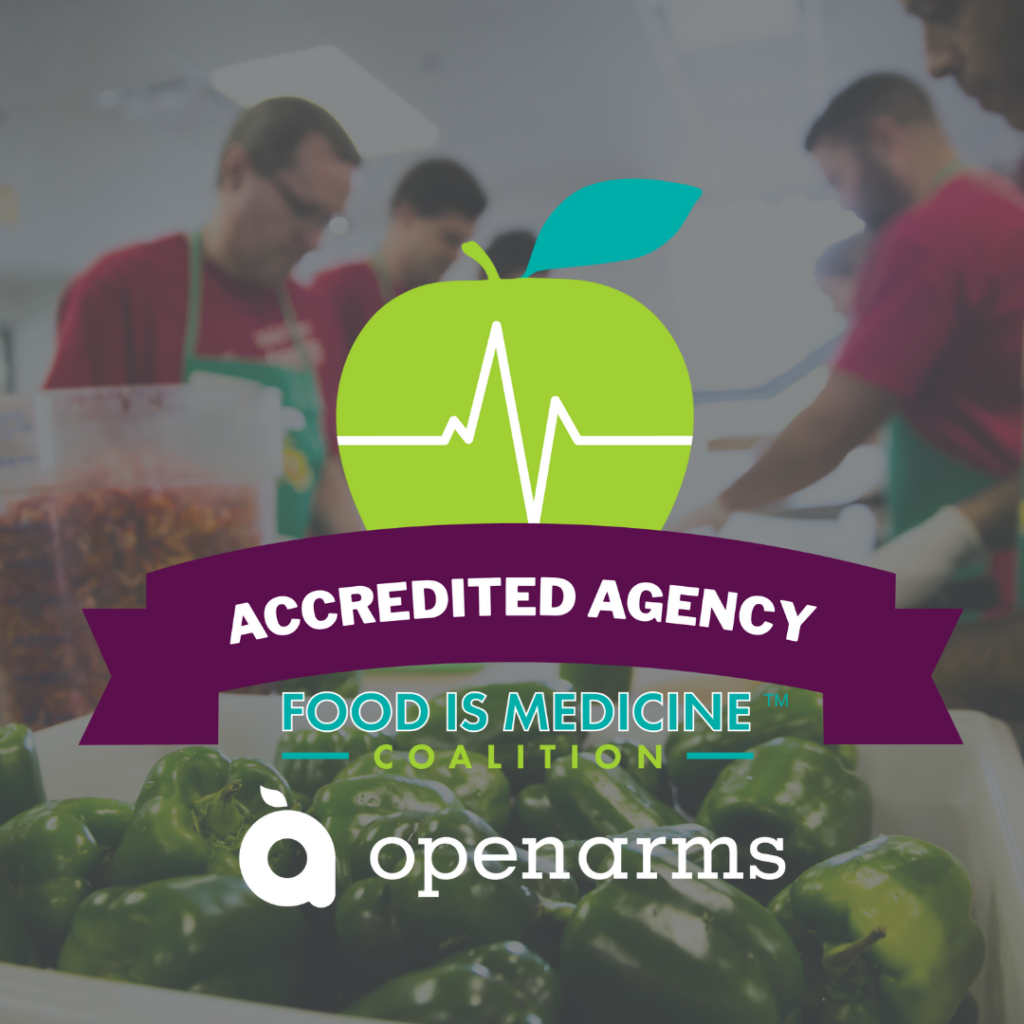By Gwen Hill MS, RD, LD
In January, I attended a conference called State of the Plate: Minnesota Healthy Food Futures, which was focused on the state of our food system. It was sponsored by the Centers for Disease Control, Blue Cross Blue Shield of MN and the Institute for Agriculture and Trade Policy and, although this type of conference has been happening on a national level at the CDC, Minnesota was the first state to host a meeting of this kind. Other states are following suit, and from what I gathered at the meeting, it will be an annual event in Minnesota.
As I walked into the meeting hall, a very simple but big sign jumped out at me. It said, “We fought big tobacco and won. Obesity, you’re next.” Yes. Let’s fight it.
Obesity increases a person’s risk for illnesses such as cancer, diabetes and heart disease. One-third of US children are overweight or obese, so we are currently raising the first generation of kids who are not expected to live past their parents’ age, due to health-related problems.
In light of these statistics, obesity is being referred to as an epidemic, one of too much food and too little exercise. And those are things we can fix — with a little work.
The keynote speaker at the State of the Plate conference was Dr. Kelly Brownell from the Yale Center for Food Policy and Obesity. He is a strong advocate for changing our food system. He introduced the idea that, if we want to promote healthy dietary changes, we need to stop focusing solely on changing individual habits and start focusing more on influencing the food system. Think of it this way: today, foods like cheese puffs and Twinkies are cheap and infinitely accessible. If you make healthy food as accessible and cost-effective as “junk food,” you will without a doubt promote change. In order to make that kind of change in the food system, we need help from the big businesses that supply our food system. We need them to make the decision to help our country decrease the obesity rate and the amount of money we spend on obesity-related health issues. These changes will make our food system healthier and cascade into positive changes for our cities, states, and country.
How do we support a healthier food system at Open Arms?
As Ben commented in his blog earlier in the month, we are fortunate to have an organic farm that provides a healthy portion of the produce needed for our client’s meals throughout the summer. Our chefs cook every meal from scratch, limiting the unhealthy ingredients — such as salt, fat, and sugar — and including as many healthy, whole, fresh ingredients as possible. We continuously work on putting healthy snacks into the brown bags that we send out, including fruits, veggies and low-fat dairy. In house, we have recently replaced some of the sweets on our coffee bar with fruit. We also celebrate good food through national events, such as Food Day in October and National Nutrition Month in March.
There will always be healthier changes that all of us can make in our lives, and none of us can make all of those changes at one time. But making one change will make it easier to make another change. Soon, changing your diet will be less about choosing a healthy orange over a cookie and more about variety — how about a mango instead of that orange?
What can you do to motivate this change?
Get cooking: Cut down on the processed foods high in fat, sugar and salt by buying fresh, whole foods and cooking them at home.
Get involved and be a positive influence: When you provide snacks at work or for your kid’s class, bring fruit and veggie-based treats. Save the sweets for special occasions, like birthdays or other celebrations. Encourage schools to limit the sale of processed snacks in their cafeterias and support them in finding other, healthier ways to make money.
Get informed: Join one of the many groups that support a healthier food system, such as Healthy Food Action and Healthy Eating MN Network. You could also check out the new series, The Weight of the Nation, on hbo.com.
Get voting: Support the politicians — local, state and national — that support the legislation that will lead us to a healthier food system.
Get vocal: Motivate the big players in the food system to change: If they hear from enough consumers who want change, they will eventually change. Support them in their changes.
Get involved! Let’s make a healthier future for our country.








